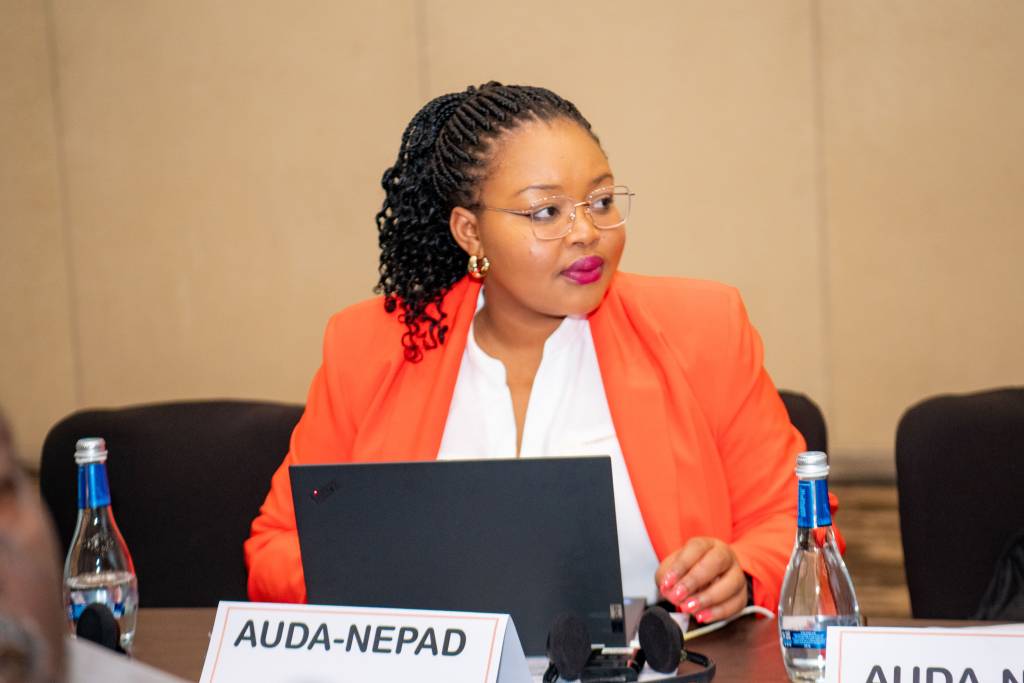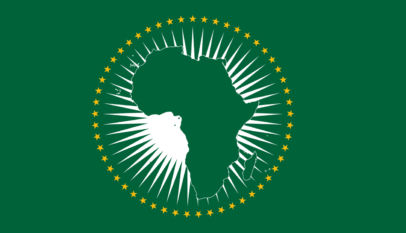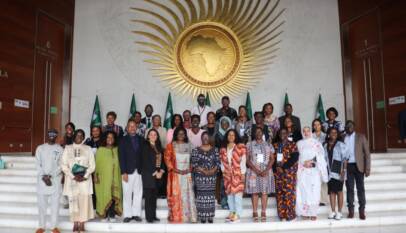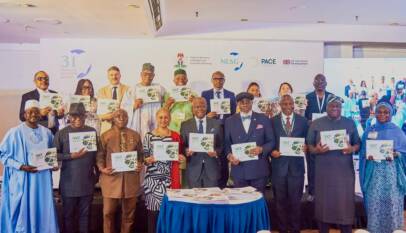OP-ED | From Crisis to Commitment: Africa’s Fight Against Malaria Isn’t Over Yet, By Lindokuhle Dlamini
As the world prepares to mark World Malaria Day 2025, under the theme: “Malaria Ends with Us: Reinvest, Reimagine, Reignite,” African governments and global health donors are urged to close funding gaps and scale-up proven interventions such as insecticide-treated nets, seasonal malaria chemoprevention, and prompt diagnosis and treatment.

Every year on April 25, the global community marks World Malaria Day; a moment not only to reflect on progress but to reimagine what is possible in eradicating the scourge. This year’s theme, “Malaria Ends with Us: Reinvest, Reimagine, Reignite,” powerfully underscores the need for increased investment, innovative strategies, and renewed commitment to finally eradicate this preventable and treatable disease.
The Day reminds us that success depends on more than global strategies; it depends on all of us—from policymakers and regulators to researchers, healthcare workers, and everyday citizens.
Malaria remains one of Africa’s most significant public health challenges. According to the 2023 World Malaria Report by the World Health Organization (WHO), 94% of all malaria cases and deaths occur on the African continent. Six countries—Nigeria, the Democratic Republic of the Congo, Uganda, Mozambique, Niger, and Burkina Faso—account for over half of the global malaria burden. This is not just a health crisis—it’s a development emergency.
Reinvest: Driving Political and Financial Commitment
We must reinvest in malaria control and elimination, both financially and politically. The RBM Partnership to End Malaria, through its “Big Push” campaign, continues to urge governments and global health donors to close funding gaps and scale up proven interventions such as insecticide-treated nets, indoor residual spraying, seasonal malaria chemoprevention, and prompt diagnosis and treatment.
The Partnership’s advocacy also supports the rollout of malaria vaccines such as RTS,S/AS01 and R21/Matrix-M, which have now been introduced in several African countries, including Nigeria, Ghana, and Kenya. These vaccines, combined with strong political will and adequate funding, offer unprecedented hope in the malaria fight.
Reimagine: Rethinking Health Systems and Medicine Regulation
To end malaria, we must also reimagine the systems that underpin our health responses. A critical yet often overlooked element in malaria control is the quality of medicines circulating across our markets. Substandard and falsified (SF) anti-malarial medicines not only fail to treat the disease effectively but also contribute to drug resistance and loss of trust in health systems.
The African Medicines Regulatory Harmonisation (AMRH) initiative, an AUDA-NEPAD initiative, has been instrumental in strengthening the capacity of national regulatory authorities. AMRH supports the development of robust legal and regulatory frameworks through the African Union Model Law on Medical Product Regulation as well as the Continental pilot for Human Medical Products Listing, which has culminated in the Listing of five medical products in March 2025.
These efforts enable the timely registration of quality-assured anti-malarial products while paving the way for the operationalization of the African Medicines Agency (AMA). This work is critical in ensuring that life-saving malaria medicines are safe, effective, and accessible to the people who need them most.
Reignite: Community-Driven Innovation and Action
The fight against malaria must be reignited from the ground up. Organizations like PATH are at the forefront of driving community-centered, data-driven, and innovative malaria solutions across Africa. From supporting the scale-up of new diagnostics and digital health tools to advancing vaccine implementation strategies and strengthening policy, PATH’s work is helping countries move from control to elimination.
In Zambia, Senegal, Ethiopia, and beyond, PATH is helping governments and communities integrate malaria services with broader primary healthcare systems—ensuring sustainability and reaching underserved populations.
The Personal is Political
I have witnessed the immense power of coordinated action and the critical role of storytelling in galvanizing change. But more importantly, I have seen how real transformation begins with people who are empowered to act, speak out, and demand better.
World Malaria Day is not just a day for reflection, it is a reminder that malaria ends with us. Whether you are working in health policy, managing supply chains, educating communities, or supporting a family member through treatment, you are part of the solution.
The progress we’ve made is real. The vision of a malaria-free Africa is possible. And the time to act—together—is now!
Lindokuhle Dlamini is the Policy Advocacy and Communications Officer for the AMRH Programme at AUDA-NEPAD and a Steering (Group) Committee Member for the RBM Partnership to End Malaria.














